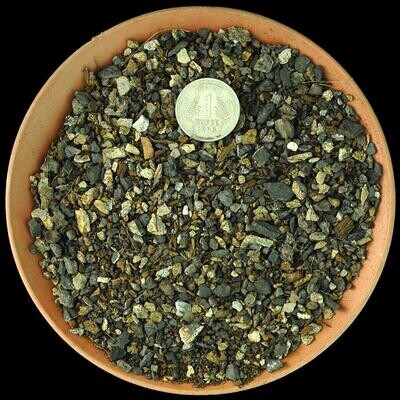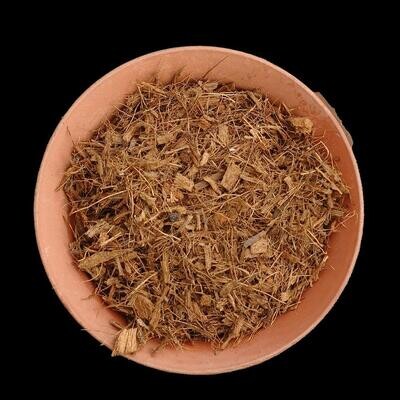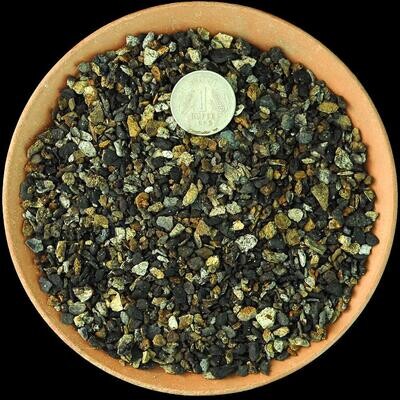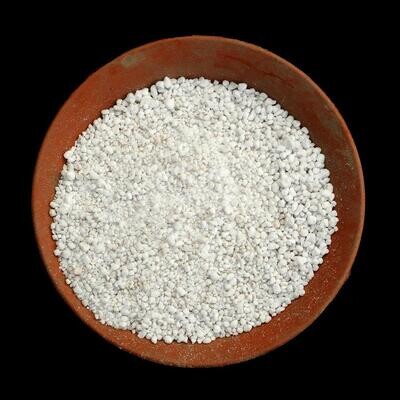Please check the Shipping Updates Page for information on shipping.
Mammillaria celsiana longispina
Origin of Name
The genus name "Mammillaria" is derived from the Latin word "mammilla," meaning nipple or teat, referring to the nipple-like tubercles from which the spines emerge. The species name "celsiana" honors the Cels family, notable French nurserymen of the 19th century who specialized in cultivating exotic plants. The addition of "longispina" to the name highlights this variant's characteristic long spines, distinguishing it from the typical shorter-spined forms of Mammillaria celsiana.
Technical Description of Plant
Mammillaria celsiana longispina is characterized by its densely packed, spherical to slightly elongated form, which can grow up to 6 inches in diameter. The plant is covered in white, woolly areoles from which emerge the signature long, golden-yellow to reddish-brown spines. These spines can reach several inches in length, providing a striking contrast against the green body of the cactus. During spring and occasionally in autumn, it produces small, pink to red flowers that encircle the crown, adding to its ornamental appeal.
Origin of Plant
Mammillaria celsiana is native to central Mexico, thriving in rocky and arid environments. The longispina variant has been specifically recognized for its elongated spines, which may be an adaptation to its natural habitat, offering protection from herbivores and aiding in shade and temperature regulation.
Conservation Status
While the specific conservation status of Mammillaria celsiana longispina as a variant is not individually assessed, the Mammillaria genus faces threats from habitat loss, overcollection, and climate change. Conservation efforts for cacti generally include habitat protection, regulated trade, and encouraging cultivation among collectors to preserve biodiversity.
Care Instructions
Mammillaria celsiana longispina prefers bright, direct light to partial shade and requires a well-draining cactus mix to prevent root rot. Water moderately during the growing season, allowing the soil to completely dry out between waterings, and reduce watering in the winter to a minimum. This cactus is cold-tolerant to a degree but should be protected from frost. Fertilize sparingly with a cactus-specific fertilizer during the growing season to support flowering and growth.





